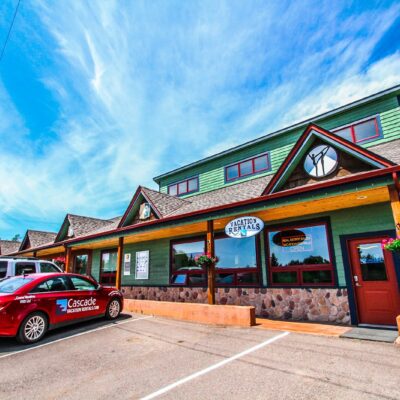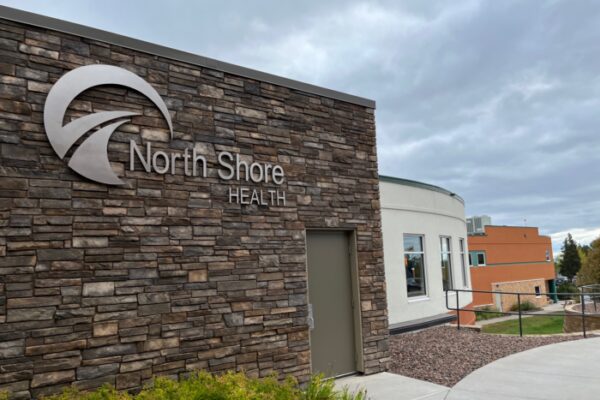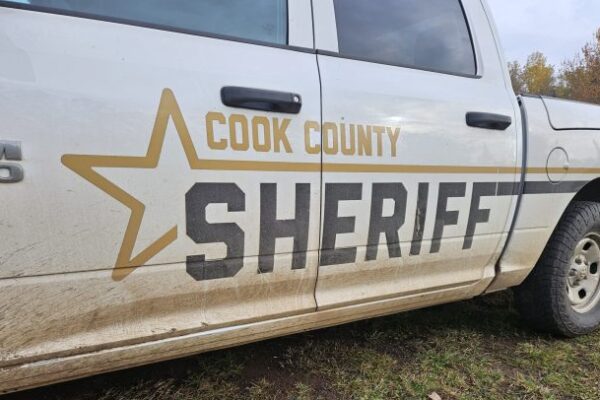Pandemic and county oversight bring changes to vacation rental industry in Cook County
A change in ownership at Cascade Vacation Rentals (CVR) made news on the North Shore in recent weeks.
Mike Larson recently announced that he was stepping down as a CVR managing partner, and his departure led to a new ownership team of Steve Surbaugh, Clair Nalezney, who was formerly at Lutsen Resort, and longtime CVR employee Sarena Nelson. The company was launched by Surbaugh and Larson in 2004.
In addition to the change in ownership at CVR, there’s another story about vacation rentals on the North Shore and throughout Cook County that is worth examining at this time. The COVID-19 pandemic has increased the popularity of short-term rentals in 2020 and the start of 2021 across the nation, including along the North Shore and throughout Cook County.
Major publications from the San Francisco Chronicle to USA Today have reported on this trend, as has the WTIP news department. In fact, WTIP has been reporting on several changes to the vacation rental industry in Cook County in recent years, on topics ranging from tax classification to county oversight in the form of an ordinance.
Indeed, local changes to the vacation rental industry date back several years in Cook County. After many marathon meetings and lengthy analysis on the topic, Cook County adopted an official vacation rental ordinance in May 2019. The reasons for why the county needed an ordinance specific to the industry varied. Generally speaking the motives to adopt an ordinance were rooted in oversight to allow for a level playing field with traditional lodging facilities like resorts on the Gunflint Trail and Lake Superior, to ensure that lodging taxes were being collected from short-term rentals in Cook County and to have a better understanding of how many vacation rentals were operating locally and the impact they could be having on neighborhoods.
In the eyes of Cook County government, a vacation rental means “any home, cabin, condominium or similar building that is advertised as, or held out to be, a place where sleeping quarters are furnished to the public on a nightly, weekly, or for less than a 30-day time period and is not a bed and breakfast; but excludes similarly-described premises which are managed by and regulated as part of a hotel or resort.”
Early estimates by the county assessor’s office in 2019 and 2020 estimated there were more than 630 vacation rentals operating in Cook County. Later analysis and modifications to what actually constitutes a vacation rental lowered that tally significantly.
During a report shared with the Cook County Board of Commissioners Feb. 16, Land Services Director Tim Nelson said there are 266 legally operating vacation rentals in Cook County as of Dec. 31, 2020.
Ordinances aside, another issue that loomed over the vacation rental industry in recent years was how to tax them. County Assessor Bob Thompson navigated this issue for years, at one point setting a primary use threshold that would bump some vacation rentals into a commercial tax classification similar to what hotels pay to the state.
After months of discussion, much of it halted by the COVID-19 pandemic and delays to the decision making process at the Capitol in St. Paul, in mid-October 2020 the Minnesota Legislature approved the largest public works infrastructure package in state history.
Included in the package was a tax bill containing language for a new classification that applies to all vacation rental properties in Minnesota, including all of those in Cook County.
The new tax classification is essentially the same as a residential non-homestead property as opposed to a seasonal rec cabin or a commercial property.
WTIP caught up with Larson in the days after CVR announced the change in ownership to reflect on some of the changes the industry has faced in recent years in Cook County, including the impact of the COVID-19 pandemic. Learn more in the audio shared below.
















